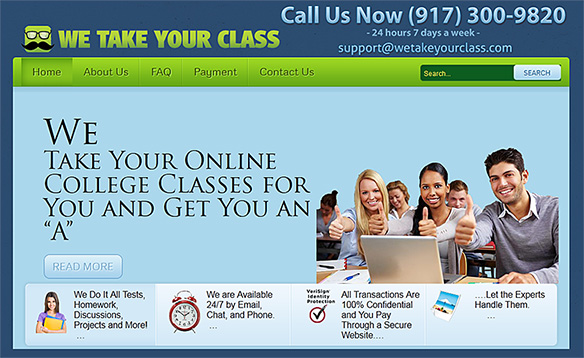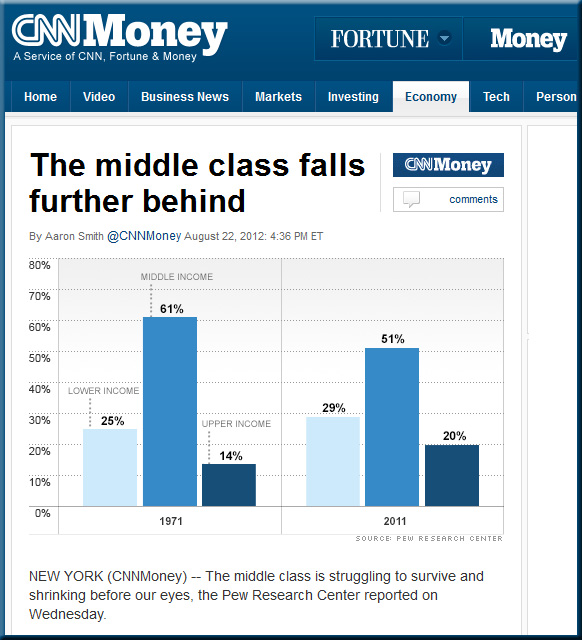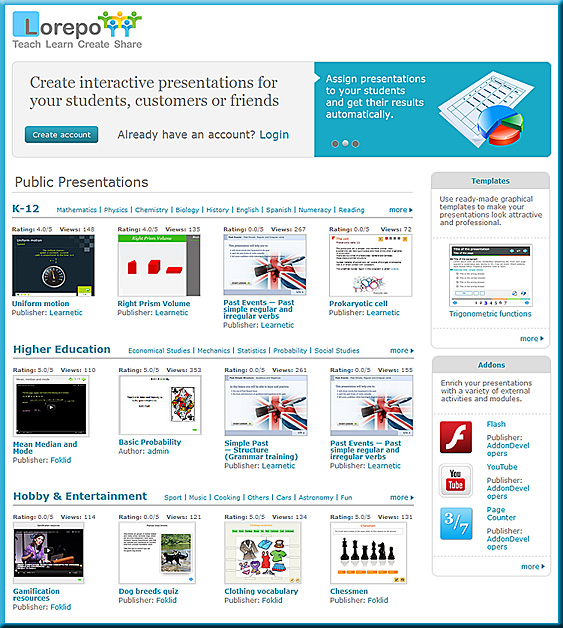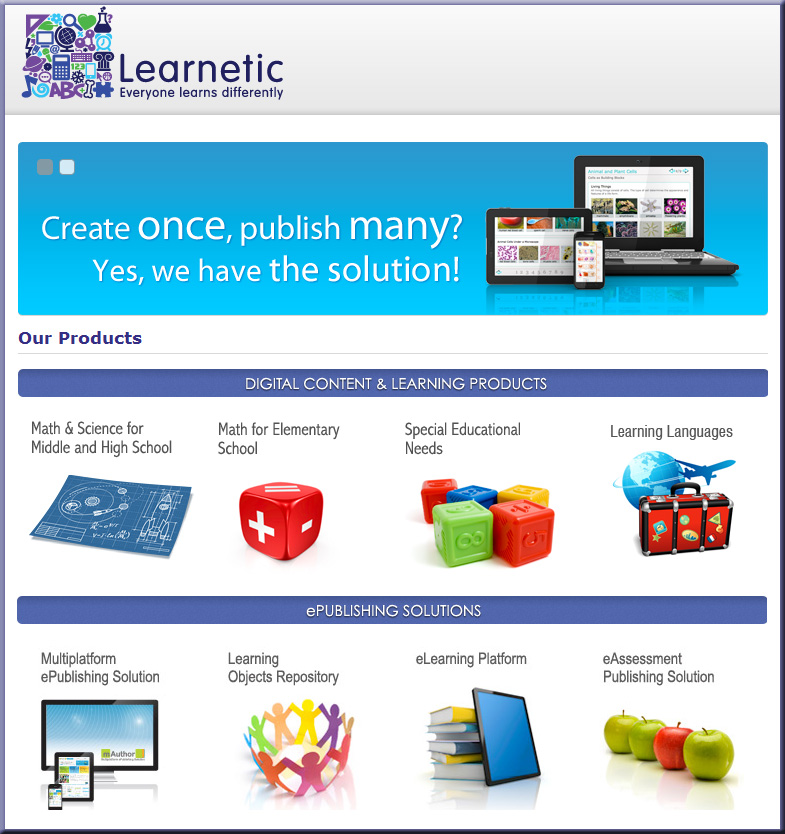![HigherEducationNowAtBat--DanielChristian Higher education used to be on deck, but is now at bat. [Christian]](http://danielschristian.com/learning-ecosystems/wp-content/uploads/2012/09/HigherEducationNowAtBat-DanielChristian1.jpg)
From DSC:
My way of thinking about what’s happening to higher education these days borrows from the sport of baseball: Higher education used to be on deck; but now, we’re at bat.
I’ve watched as the former power brokers throughout many other industries reluctantly got out of the dugout, nervously began their warm up on deck, and then timidly moved up to bat as well. They were trying to cling to the status quo. Which didn’t work. We’ve all seen the results. There are new power brokers in those industries now. (Which is I why I assert that there is danger in the status quo — our organizations need to always be at the work of reinventing ourselves.)
…
If I had to pick the top 2 forces driving change throughout the higher education landscape, I would have to say the cost of obtaining a degree and technology-enabled innovation.
…
Control is an illusion; people will find a way.
The items below reinforced my perspectives when I saw them this morning. They inspired me to create the above graphic, something I’ve been meaning to do for quite some time now.
- The internet is happening to education — from xedbook.com by George Siemens
“How did you go bankrupt?”
“Two ways. Gradually, then suddenly.”
– Hemingway
Excerpt:
Our thesis with xEducation is that the internet is happening to higher education and that successful universities of the future will be those that find ways to generate value for its many stakeholders that go beyond content provision and teaching. What exactly that value proposition is remains unclear. On the one hand, content and (recorded) lectures can easily be shared with limited costs. The internet scales content exceptionally well. The human, social, processes of learning don’t scale. Research doesn’t scale (yet). Regional and national economic value generation doesn’t scale. In these spaces where scalability does not work well, universities will likely find their new roles in society. Over the next six months, we’ll explore and test this thesis and place the discussion of higher education reform on a firmer foundation than the latest tool and popular hype.
- XEducation – the real disruption isn’t online courses, it’s their business model — from xedbook.com by Bonnie Stewart
. - Do MOOCs say anything about higher ed? — from xedbook.com by Dave Cormier












![OnlineCollegeStudents2012-Aslanian-Clinefelter Online College Students 2012: Comprehensive Data on Demands and Preferences [Aslanian & Clinefelter]](http://danielschristian.com/learning-ecosystems/wp-content/uploads/2012/08/OnlineCollegeStudents2012-Aslanian-Clinefelter.jpg)

